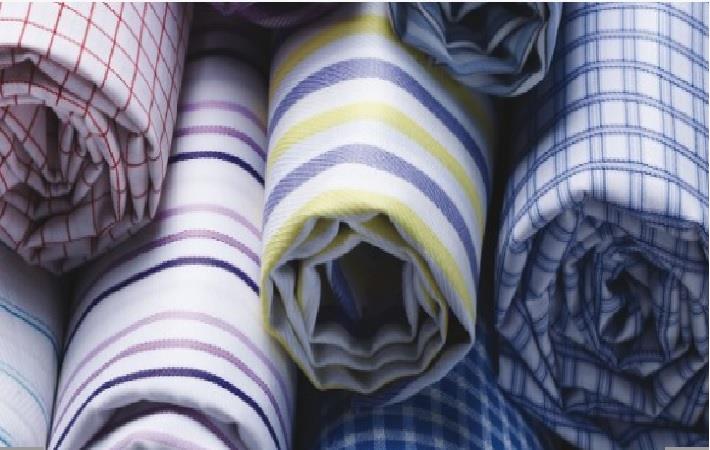
One of the main MMF fabrics tariff line included in the list of 76 items is other woven fabrics dyed containing 85 per cent or more by weight of textured polyester filaments covered under ITC HS code 540752. Major products in this tariff line are polyester shirting, suitings and saris.
Highlighting the Government’s initiative as encouraging, SRTEPC chairman Narain Aggarwal pointed out that the step was very critical to protect the domestic fabrics segment, as post GST imports have substantially surged due to withdrawal of CVD and SAD on imports.
“Increase in the basic customs duty rates on these textile and apparel items will help in protecting the domestic manufacturers from cheap imports from countries like China, Vietnam, etc,” he added.
Besides fabrics, import of man-made fibres and MMF yarns have also surged in the post GST regime. Around $1.6 billion worth of man-made filaments and man-made staple fibre products were imported into India during 2017-18 alone. Import of PSF and VSF have increased by 5 per cent and 20 per cent respectively. In case of PFY, NFY and VFY the imports have gone up by 13 per cent, 3 per cent and 38 per cent respectively. In case of import of polyester spun yarn, viscose spun yarn and nylon spun yarn the increase was 94 per cent, 526 per cent and 15 per cent respectively which is impacting domestic man-made fibre and MMF yarn manufacturers in a big way. Increasing imports is also against the Government’s ‘Make in India’ initiative. Therefore, it also needs to consider increase in customs duty on other products of MMF textile value chain, Aggarwal said in a statement.
In case of MMF based fabrics, Government had increased customs duty from 10 per cent to 20 per cent in October 2017. However, important tariff lines in the knitted fabrics segment such as 60011020, 60059000 and 60069000 were left out through which substantial imports still continue. Therefore, duties on these three fabric lines also need to be increased to 20 per cent, he said. (RKS)
Fibre2Fashion News Desk – India